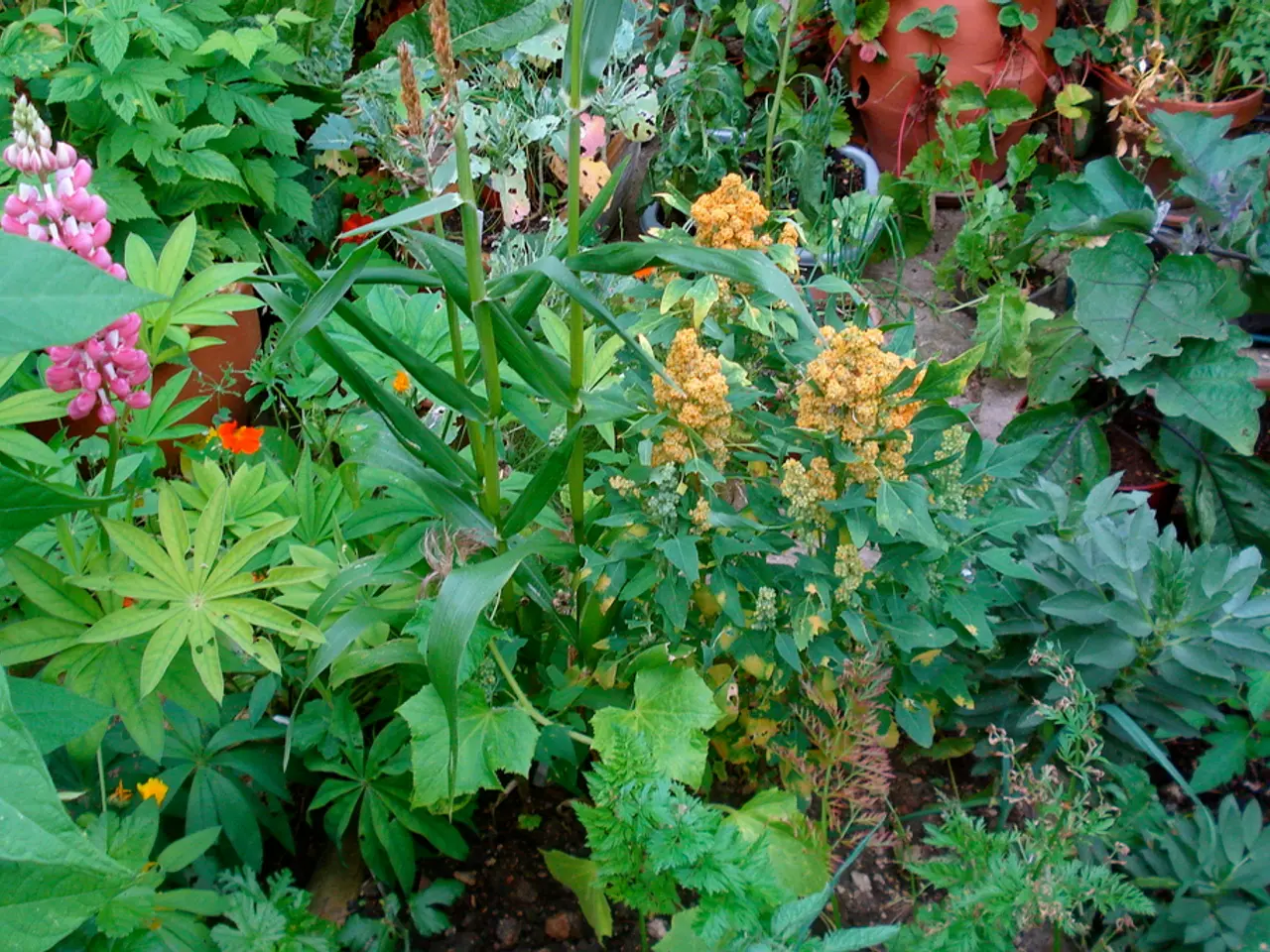Embracing the Daily Moment of Respite
In the hustle and bustle of modern workspaces, the humble desktop garden is making a significant impact on mental well-being and productivity.
Recent studies have shown that incorporating plants into your workspace can bring about a host of benefits. A study published in HortTechnology found that individuals working in environments with plants were more productive and experienced lower levels of stress [1]. Another study from the same journal revealed that interaction with indoor plants can lower cortisol levels and reduce mental fatigue [2].
Daily rituals, including interacting with plants, have been found to reduce stress, improve focus, and support emotional well-being. A 2015 study published in the Journal of Physiological Anthropology discovered that interaction with indoor plants can reduce stress by suppressing autonomic nervous system activity [3].
Taking intentional breaks, such as a daily pause, is crucial in preventing burnout. These breaks, which allow mental recalibration before stress becomes overwhelming, improve focus, productivity, job satisfaction, and emotional balance [4]. Mindful pauses also promote physical health by encouraging rest, nourishing activities, or light physical movement, which collectively boost energy and resilience [1].
Gardening, whether indoors or outdoors, fosters mental rest, rejuvenates cognitive functions like memory, attention, and creativity, and enhances neurochemistry resulting in improved mood and health [5]. It offers a sense of connection—both to nature and to others when done in groups—providing feelings of calmness and accomplishment through nurturing plants [5]. The physical labor involved in gardening can trigger biological reactions that boost energy and strength [5].
The desktop garden, therefore, serves as a wellness tool that encourages users to pause and nurture themselves. Tending to a desktop garden is considered a ritual, promoting stillness, mindfulness, and wonder. It provides a moment that belongs to the user, helping them tend to their own well-being.
In conclusion, daily pauses and gardening serve as complementary self-care practices by providing mental rest, physical activity, connection to nature, and emotional replenishment—all of which improve mental well-being and productivity. So, why not consider introducing a desktop garden to your workspace and reap the rewards of a more relaxed, productive, and creative work environment?
References: [1] https://www.ncbi.nlm.nih.gov/pmc/articles/PMC6279101/ [2] https://www.ncbi.nlm.nih.gov/pmc/articles/PMC5302788/ [3] https://www.ncbi.nlm.nih.gov/pmc/articles/PMC4576601/ [4] https://www.ncbi.nlm.nih.gov/pmc/articles/PMC4501379/ [5] https://www.ncbi.nlm.nih.gov/pmc/articles/PMC6544366/
- Incorporating plants into various lifestyle domains, such as gardening and home-and-garden settings, can contribute to personal growth by promoting wellness and reducing stress levels.
- Fashion-and-beauty might not immediately come to mind when considering the benefits of plants, but a well-designed indoor garden can serve as an aesthetically pleasing centerpiece, fostering feelings of calmness and relaxation.
- Relationships between individuals and educational institutions can flourish when students are encouraged to create personal growth environments conducive to learning, which could include home-and-garden projects or educational programs focused on wellness and lifestyle practices.
- As a part of one's self-development journey, one might find solace in the hobbies and activities that connect them with nature, such as gardening, which can offer a sense of accomplishment and a positive impact on overall mental well-being.




